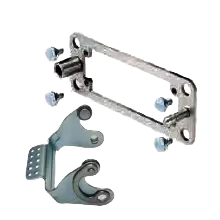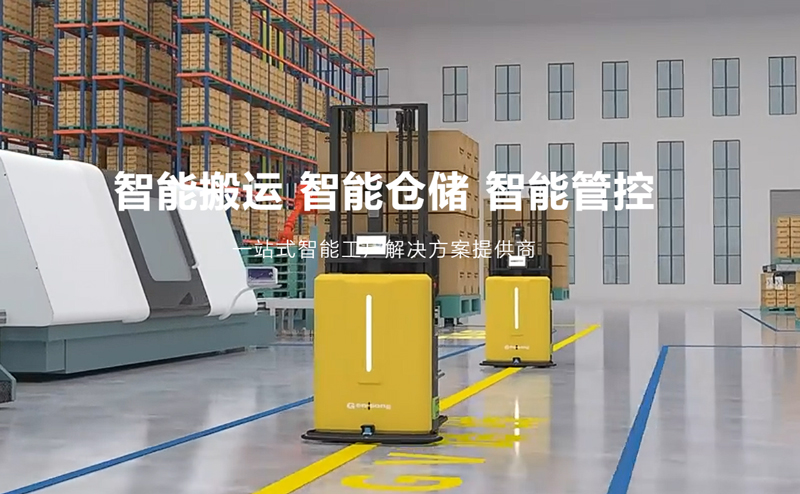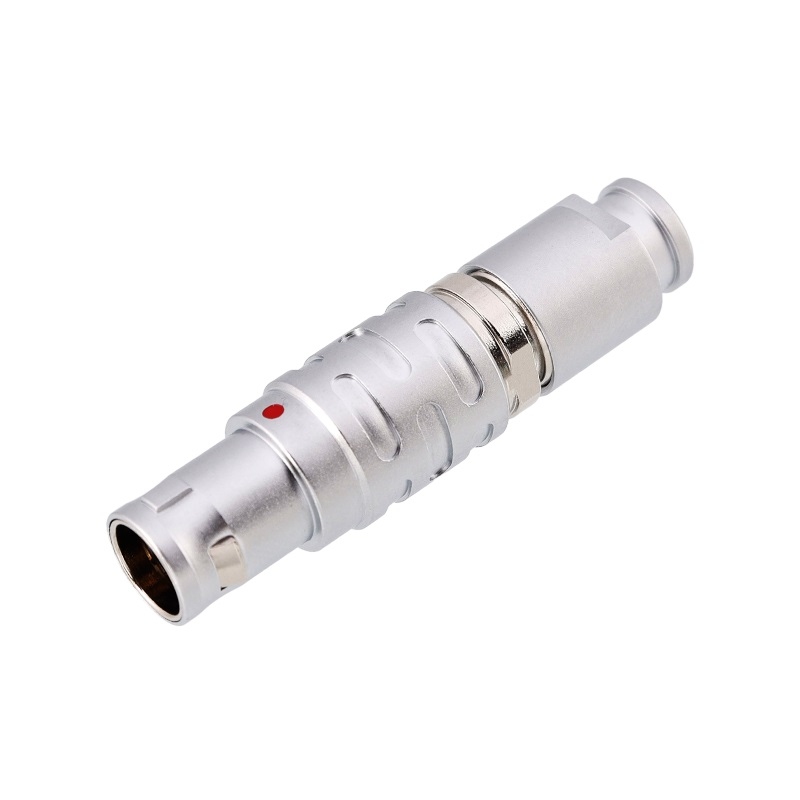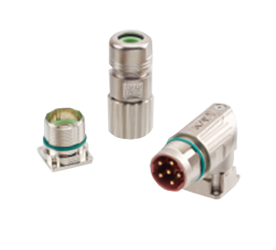Choosing the Right Heavy Duty Connector for Your Industrial Projects
When embarking on an industrial project, one of the most important considerations is ensuring that all components work together seamlessly and reliably. Heavy duty connectors are integral in connecting various electrical and mechanical systems, ensuring that operations run smoothly and efficiently, even under harsh conditions. Whether you're working in wind power generation, high-speed rail, automotive manufacturing, or smart transportation, selecting the right heavy duty connector can make all the difference in the long-term success and safety of your projects.
At CAZN Electronic, a company specializing in industrial connection technologies, we understand the significance of reliable connectors for critical infrastructure. Our products, which comply with global standards like IEC, GB/T, and UL, are trusted by industries such as wind power, high-speed rail, automotive manufacturing, and smart manufacturing. In this article, we'll explore how to choose the right heavy duty connector for your industrial projects, considering factors like durability, environmental conditions, and system requirements.

1. Understand the Application Requirements
The first step in choosing the right heavy duty connector is to thoroughly understand the specific needs of your project. Different industries and applications have unique requirements when it comes to connectors. For example, connectors used in wind power applications need to be corrosion-resistant due to exposure to harsh weather conditions, while those in high-speed rail systems need to withstand vibrations and high speeds.
Key factors to consider include:
Electrical load capacity: Ensure the connector can handle the current, voltage, and frequency of the system.
Environmental conditions: Will the connector be exposed to extreme temperatures, humidity, moisture, or chemicals?
Durability requirements: How much wear and tear will the connector endure? Does it need to be vibration-resistant or shockproof?
Understanding these specifics will help narrow down the connector options that will best suit the needs of your industrial project.
2. Consider the Connector's Material and Construction
The material of a heavy duty connector plays a significant role in its overall performance, especially in challenging environments. Common materials used for heavy duty connectors include stainless steel, aluminum, and plastic.
Stainless Steel: Known for its high corrosion resistance, stainless steel is ideal for applications in industries like wind power and marine environments, where exposure to moisture and salty air is a concern.
Aluminum: Lighter than stainless steel but still robust, aluminum connectors are suitable for automotive manufacturing and smart transportation systems, where weight and durability are crucial factors.
Plastic and Composite Materials: While not as robust as metals, high-quality plastics and composites are used in situations where weight is a priority, and where environmental protection, such as waterproofing, is essential.
The construction of the connector is also an important consideration. Whether the connector features quick-connect designs for fast installation or modular components for easy customization, ensure the connector is designed for ease of use in your particular application.
3. Ensure Compatibility with Standards
When choosing a heavy duty connector, it is essential to ensure that the product complies with industry standards. Compliance with international standards such as IEC (International Electrotechnical Commission), GB/T (Chinese national standards), and UL (Underwriters Laboratories) ensures that the connector meets safety and performance requirements.
IEC standards: These global standards cover electrical safety, performance, and the environmental impact of electrical equipment. They are essential for projects that require stringent safety measures, such as those in high-speed rail systems.
GB/T compliance: This ensures that the connectors meet the specific regulatory standards for the Chinese market. As China’s industrial market continues to grow, CAZN Electronic connectors, which adhere to GB/T standards, are widely used in local projects across industries.
UL certification: UL is an internationally recognized safety certification, particularly important for industries such as automotive manufacturing and smart manufacturing, where safety is a top priority.
By choosing connectors that comply with these standards, you can be confident in their reliability, safety, and performance in your industrial projects.
4. Assess Environmental and Mechanical Durability
Industrial projects are often subject to harsh operating conditions, including extreme temperatures, high levels of vibration, exposure to chemicals, or even underwater environments. The right heavy duty connector will need to withstand these conditions without compromising performance.
Vibration Resistance: For industries like high-speed rail and automotive manufacturing, connectors must be able to handle constant vibrations without loosening or deteriorating. Heavy duty connectors designed with locking mechanisms or rugged sealing systems can maintain secure connections even under vibration-heavy conditions.
Waterproof and Dustproof Ratings: For outdoor and harsh environments, IP ratings (Ingress Protection) are crucial. Choose connectors that offer high levels of protection against water and dust to ensure they remain operational despite the weather. This is especially important for wind turbines and marine applications.
Temperature Tolerance: Depending on your application, the connector may need to operate in extreme temperatures. Ensure that the connector's material and design can withstand the heat or cold that is typical in your project.
CAZN Electronic connectors are designed to meet these durability requirements, ensuring that your systems remain functional in demanding environments.
5. Ease of Maintenance and Future-Proofing
Once your connector is installed, it's crucial to ensure that it requires minimal maintenance and can be easily replaced or upgraded when necessary. Choosing a connector with modular designs allows for future scalability, as parts can be replaced or adjusted without having to replace the entire connector system.
Modular design: Enables you to replace or upgrade individual components of the connector without disrupting the entire system. This is especially useful in applications like smart manufacturing or smart transportation, where technology evolves rapidly.
Maintenance ease: Some connectors are designed for quick disconnects, which allows for easier maintenance or repairs without the need for specialized tools or extended downtime. This can help reduce operational disruptions, especially in critical systems like wind power generation or automotive manufacturing.
Choosing connectors that prioritize ease of maintenance will help ensure that your systems continue to run smoothly with minimal downtime.
Conclusion
Selecting the right heavy duty connector is a critical decision for any industrial project. By considering factors such as the specific application requirements, materials, compatibility with industry standards, environmental durability, and future-proofing needs, you can ensure that your systems remain safe, efficient, and reliable.
At CAZN Electronic, we specialize in providing high-quality connectors that meet the rigorous demands of industries like wind power, high-speed rail, automotive manufacturing, and smart manufacturing. Our connectors adhere to global standards such as IEC, GB/T, and UL, ensuring both safety and performance.
If you're ready to optimize your industrial projects with top-tier heavy duty connectors, contact CAZN Electronic today. Let us help you choose the best connectors for your needs, ensuring long-term success and seamless operation across all your systems.









